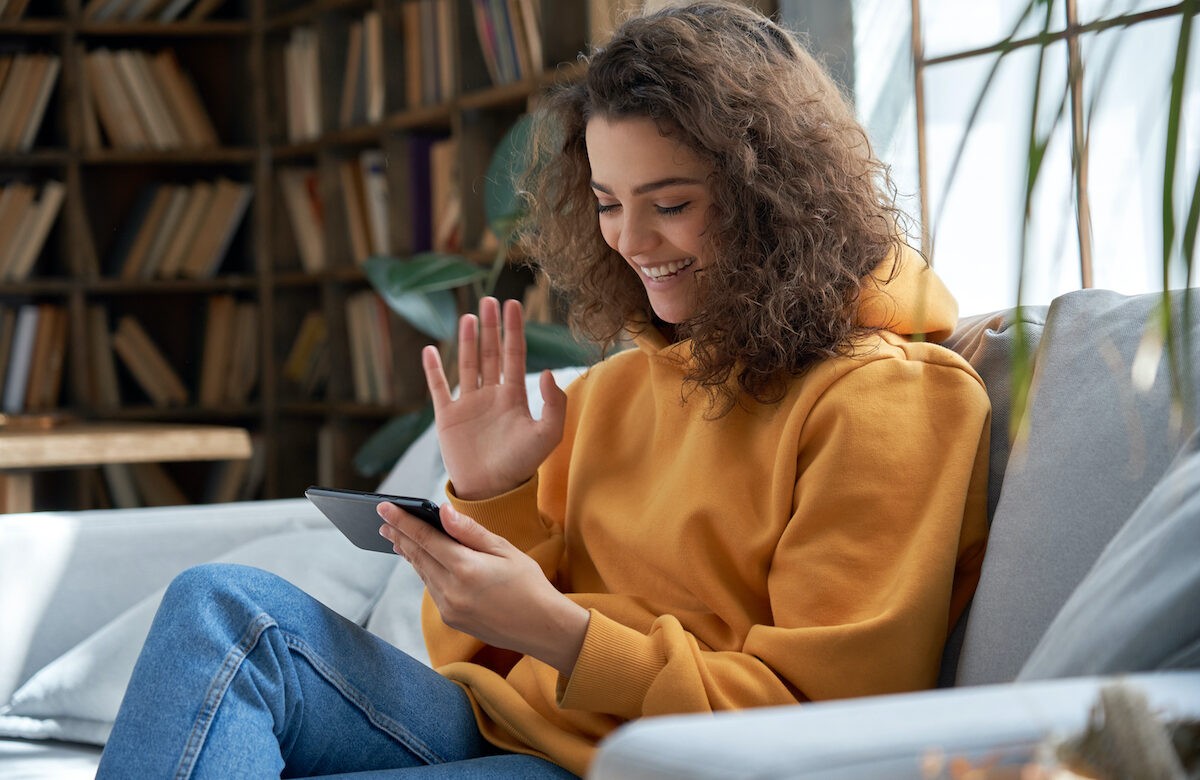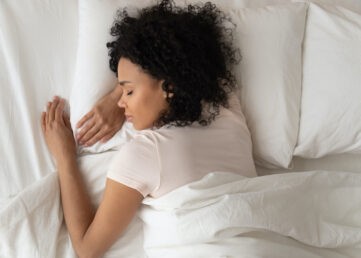Phones Need 'Bed Mode' to Protect Sleep

Smartphones, tablets and e-readers should have an automatic “bedtime mode” that will protect sleep and avoid disrupting people’s sleep, says a leading doctor.
Prof. Paul Gringras argued the setting should filter out the blue light that delays the body clock and keeps people awake later into the evening. Dr Gringras, from Evelina Children’s Hospital in London, said every new model was “bluer and brighter”.
He said that manufacturers needed to show more “responsibility”.
As it gets darker in the evening, the body starts to produce the sleep hormone melatonin – which helps people nod off. Certain wavelengths of light, those at the blue-green end of the spectrum, can disrupt the system. Prof Gringras was part of a study published in Frontiers in Public Health, analysing the light emitted by devices. It concluded there was a clear trend for new devices to be bigger, brighter, have higher levels of contrast and emit more blue light.
The Professor of children’s sleep medicine told the BBC News website: “That is great for use in the day, but awful for use at night. There is converging data to say if you are in front of one of these devices at night-time it could prevent you from falling asleep by an extra hour.”
Blue light from phones and other electronic devices can negatively affect people, especially if they use these devices right before bed. Here’s why:
Melatonin Suppression
The body has a natural internal clock, or circadian rhythm, that regulates sleep-wake cycles. This rhythm relies on various external cues, with natural light being a significant one. The hormone melatonin plays a vital role in this rhythm. As the evening progresses and it gets darker, our bodies produce more melatonin, which makes us feel sleepy. Phones, tablets, computers, and LED lighting emit blue light, which studies show suppresses melatonin production more than other types of light.
If you suppress melatonin, it can delay your sleep onset, reduce your amount of REM sleep, and decrease your alertness the following morning.
Eye Strain
Staring at small screens, especially in the dark, can cause eye strain. Symptoms include sore or irritated eyes and difficulty focusing.
Potential for Sleep Disruption
Notifications, messages, or other alerts from your phone can disrupt your sleep if you do not set it to “Do Not Disturb” mode or turn it off. Even if you wake briefly and then go back to sleep, these interruptions can reduce the quality of your sleep.
Decreased REM Sleep
Rapid Eye Movement (REM) sleep is a crucial stage of the sleep cycle that’s associated with dreaming, memory consolidation, and emotional processing. Disruptions from blue light exposure can reduce the amount of time spent in this restorative phase.
Prof Gringras said that some sleep-aware apps had already been designed to reduce blue-green light emissions. It is also possible that a bedtime mode could automatically filter out the blue as software such as f.lux already does.
Prof Gringras added:
“It’s not good enough to say do less and accept this is the world we live in, they’re fun devices, but we do need some protection on what they do at night-time.”
If you need some support switching off or disconnecting from the digital world to protect sleep, get in touch with the team at Onebright. We provide support for anyone who is experiencing a phone addiction, as well as practical techniques to ensure you have full control over your mobile use.



